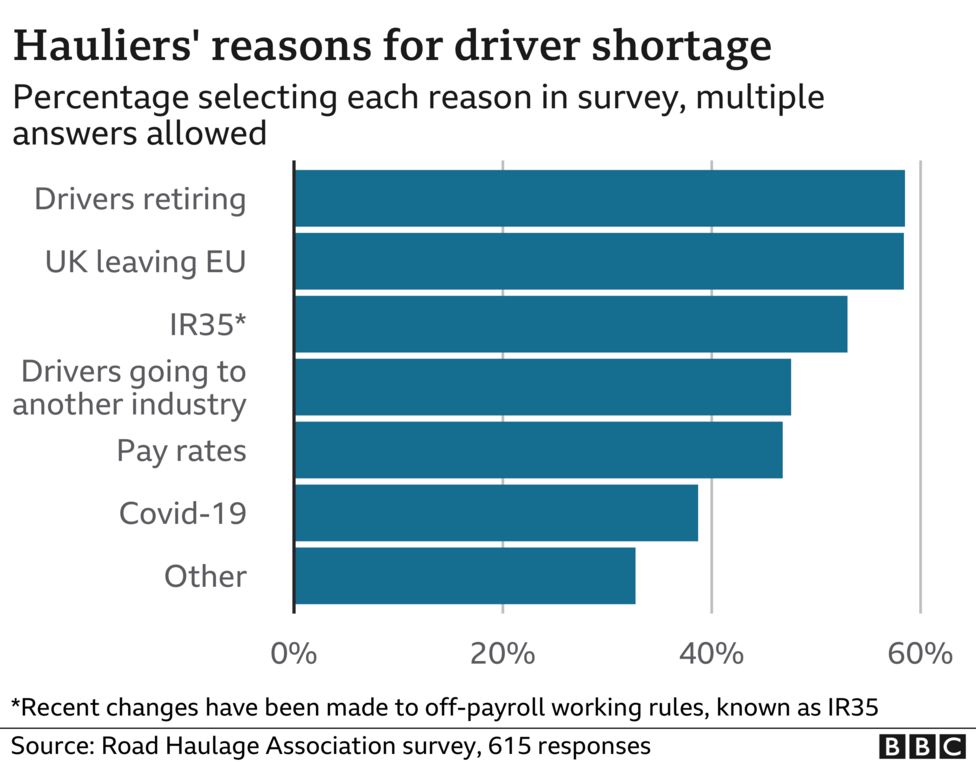This was published on the London 4 Europe web site, arguing that the Euro and “Banking Union” are potential political obstacles to rejoining. I just observe that the author has not caught up with the change in macro-economic management, the Stability and Growth Pact has serious credibility problems given the numerous breaches. We can hope that with a new coloured government in Germany the deficit fetishism of the EU will be weakened. Secondly, banking regulation is global and emanates from the G7 and BIS in Basel. The EU has little room for manoeuvre, although of course, should it be in a position to join BIS that would change things. This is an article designed to show how clever the author is and fails in that goal.

I note the article focuses on Sweden, which has agreed to adopt the Euro and not Denmark which has an opt-out. When we get to negotiating re-entry, the size of the UK economy and the sterling zone will be issues which may lead to us being given an opt-out or a Swedish deal, although I was interested to note that Nordea, Sweden’s largest bank has moved to Finland to locate in the Eurozone.
A serious analysis will come later, when both parties need an answer dealing with transaction volume, prudential regulation and fundamentally macro-economic policy. Let’s note that we had an opt-out of the compliance clauses of the SGP, we doubt we’ll be getting that back.
Macro-economics will be a problem if we have a left led Labour Govt., that wanted to pursue a policy of full employment but more importantly will be the need to meet the democracy criterion of the Copenhagen Criteria, where parliamentary sovereignty, the House of Lords and first past the post together may be seen as obstacles. Starmer’s Labour lacks the will to confront the issue of rejoining the EU but would probably welcome the shackles of today’s Stability and Growth pact. Actually, the Stability & Growth Pact is a serious barrier to rejoining for the Left; perhaps the sterling zone will save us from that too. …










